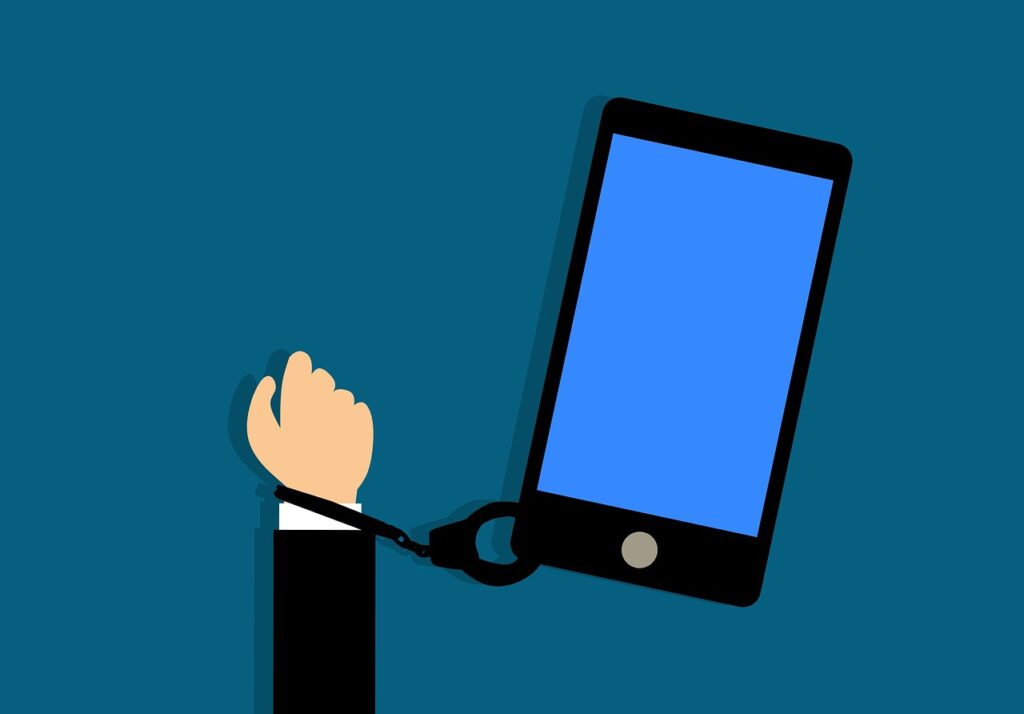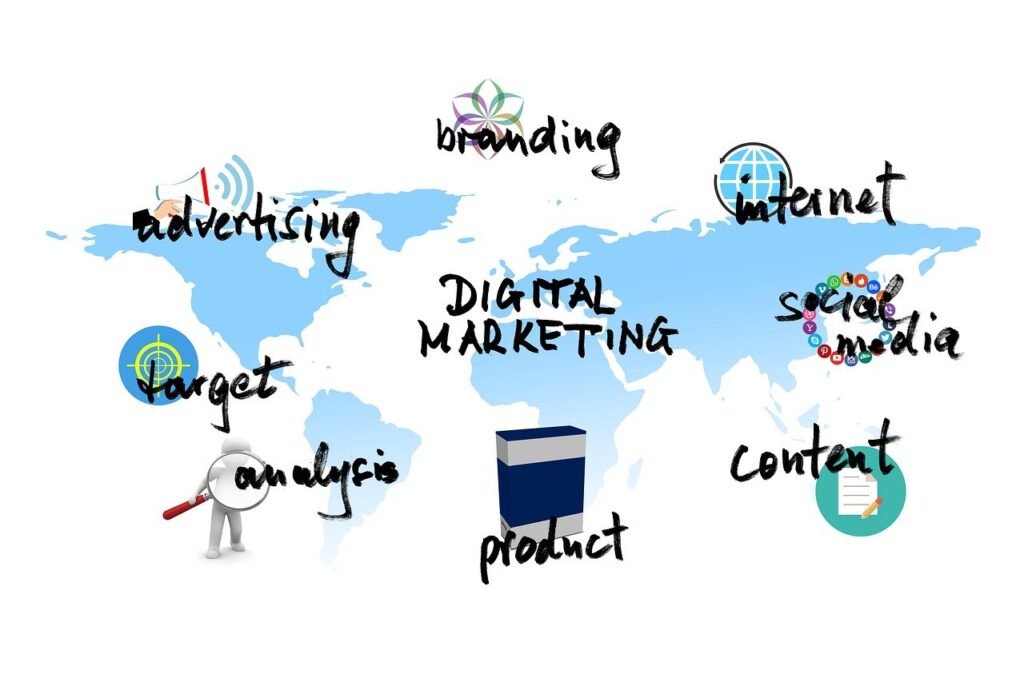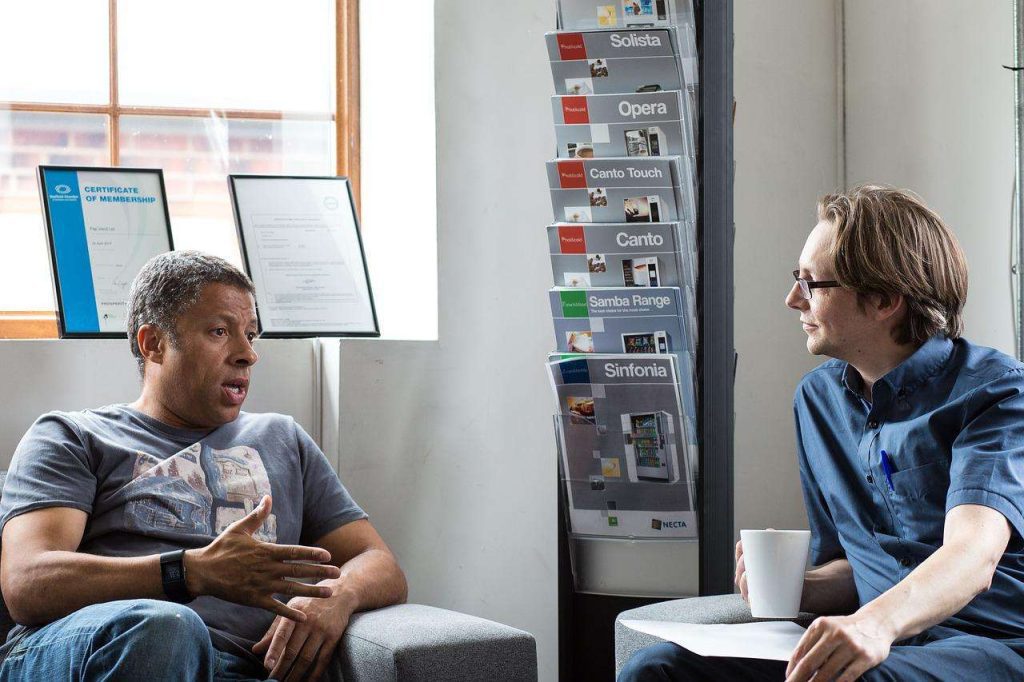How moderating our digital use strengthens our connections in real time. This is Part Seven of a nine-part series published over nine consecutive weeks. So set up your daily Online Entry Points OEPs and you’re all set, right? If only.
Starting Strong and Finishing Weak
Despite their initial practicality and usefulness, many OEPs subsequently lead to Digital Drift. They begin strong (in terms of their alignment with our deeper values) and finish weak, ultimately debilitating us as we lose our self efficacy multiple times daily under the thrall of Digital Drift.
Before we know it, our lives have become digitally mediated. What we could have wisely utilized as an efficient tool becomes life support we can no longer live without.
So why does our natural propensity to be cognitive misers propel us toward a fully digitally mediated existence? Because there are no quick and dirty strategies to end addictions to technology mediated activities.
Unlike drinking, gambling, casual sex, or porn, we can’t go cold turkey and just stop the activity, living an Internet free life is simply not a viable option for the vast majority of us in the third millennium.
New Territory
To strengthen our resistance to the allure of our glistening devices and become less Screened In, we have to develop new, as yet untested competencies, we have to become pioneers in work life balance in the digital age, we have to read articles like this one and others that suggest how to develop such strategies.
All of this requires a tremendous amount of psychological effort and expenditure of the limited cognitive resources we strive so hard to conserve. Doesn’t sound like much fun, does it? This is precisely the challenge that confronts us in the digital age, like it or not. It’s psychologically draining.
Certainly, those pioneering families in the 1950s and 60s who moved their televisions from the kitchen back into the living room faced a similar challenge. As did the drivers who decided they didn’t need to sit in their car anymore while watching a movie.
An Unprecedented But Not Insurmountable
Yet these earlier cognitive challenges pale in comparison to the ones you face right here and now. When you attempt to think through how to divert your time and attention from devices constructed to appear to meet innumerable human needs, keep in mind a daunting fact, these needs include all those met by history’s previous technological marvels put together.
To meet such a challenge, the purpose of this article series is no easy task. Consider that if you were to take a small drink every twenty minutes, you’d be slightly drunk all the time. That’s more or less our state of mind tinged with the adrenaline rush of constant connection, continually tipsy with the online buzz when we take just a slight slip from the digital goblet.
The most critical work life balance challenge of the 21 century relates to a singular goal: to address our need to check our phones from time to time without looking at them all the time. In other words, the goal is to achieve the equivalent of temperate alcohol consumption: to moderate the attention you give to your phone.
Everything in Moderation Including Moderation
Why is moderate phone consumption such a critical make or break for our well being in the digital age? Because otherwise, we walk around perpetually intoxicated in our dopamine high stupor.
All it takes at any given moment to be precise, each moment in which we grab our phone occurs on average every six minutes is a quick craning of the head to glance at the phone in your hand, and once again you are a bit woozy, slightly high from the adrenaline rush of feeling important, of feeling that others want you or want to get in touch with you or are interested in what you have to say.
The alternative is to emphasize the part of your self development that does not come from digitally mediated interaction but from time spent connecting in real time with yourself and others time in which the emotions that accompany such connection teach you important lessons about who you are.
















